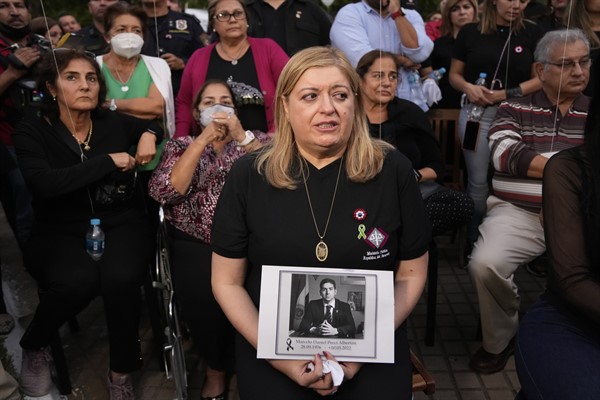Two weeks ago, on May 10, Paraguayan prosecutor Mario Pecci and his wife of 10 days, the TV journalist Claudia Aguilera, were lying on a beach at an exclusive resort on the Colombian island of Baru, where they were spending their honeymoon. Suddenly, two men on jet skis approached the shore. One walked over to them, aimed a gun and shot Pecci once in the face and then, as he lay dying, in the back.
The killing, as Mathew Charles noted in WPR last week, demonstrated “the strength and influence of organized criminal groups” in Paraguay. And indeed, from the start, investigators linked the attack on Pecci to organized crime, saying the prosecutor may have been targeted for his work on high-profile drug trafficking and corruption investigations, and noted the possible involvement by elements linked to terrorist groups. Paraguayan President Mario Abdo, for his part, promised to “redouble [Paraguay’s] commitment to fight against organized crime.”
But since then, something else has become apparent: This case is not just about Paraguay. Pecci’s killing shines a spotlight on the sheer number of criminal organizations from across the world that have put down roots in the region where Paraguay meets Brazil and Argentina, an intersection known as the Tri-Border Area, or TBA.

